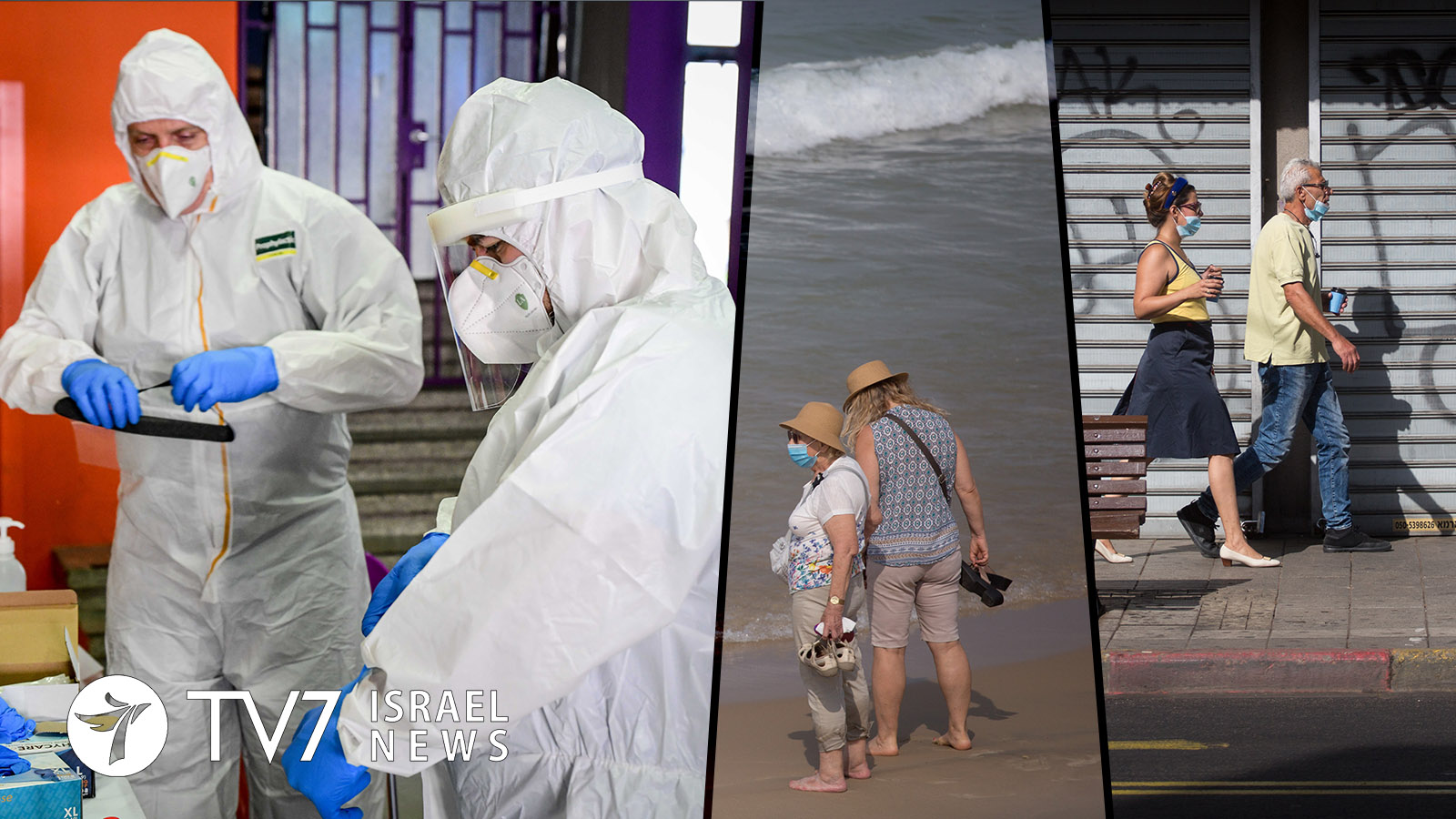Israel’s Coronavirus Cabinet is gradually introducing the second phase of the country’s exit plan from the nationwide lockdown that officially ended earlier this month. A month-long closure enacted on 18 September 18 succeeded in curbing outbreak of the virus but brought economy and public life – including education – to a standstill.
The first phase of the gradual lifting of restrictions saw the reopening of preschool, kindergartens and day care centers on 18 October.
According to a joint statement issued by the Israel’s Prime Minister’s Office, Ministry of Health and Ministry of Education, students in the first to fourth grades can return to school for at least four days a week beginning on Sunday, 1 November. Class size will be limited to 20 pupils. Masks must be worn by all faculty and students with the exception of sports activities and meals, which will be held outdoors.
Resumption of one-on-one activities and services have also been authorized to begin Sunday, including driving lessons, personal fitness training, alternative medical treatments and salon services. Vacation rental homes and bed and breakfasts may reopen, although guests will be limited to nuclear families who are forbidden from visiting local public pools or dining halls.
Government ministers also approved advanced the reopening of synagogues to Sunday, from the initially proposed date of 15 November. 10 worshippers will be permitted to pray indoors, and 20 outdoors in outer courtyards.
Malls and street stores are expected to remain shuttered for the next two weeks as long as infection levels remain below 500 daily diagnoses.
476 Israelis were confirmed with COVID-19 infections yesterday at a 1.8% positivity rate of those tested, which the Health Ministry said today reflects the lowest level since June. Three more patients succumbed to the disease, bringing the nationwide number of fatalities to 2,511.
Seven predominantly Arab cities with high infection rates may need to remain on lockdown, the Coronavirus Commissioner Prof. Ronni Gamzu warned. They are Taybeh, Kafr Kanna, Manar, Deir al-Asad, Kafr Kassem, Kafr Qara and I’billin.
